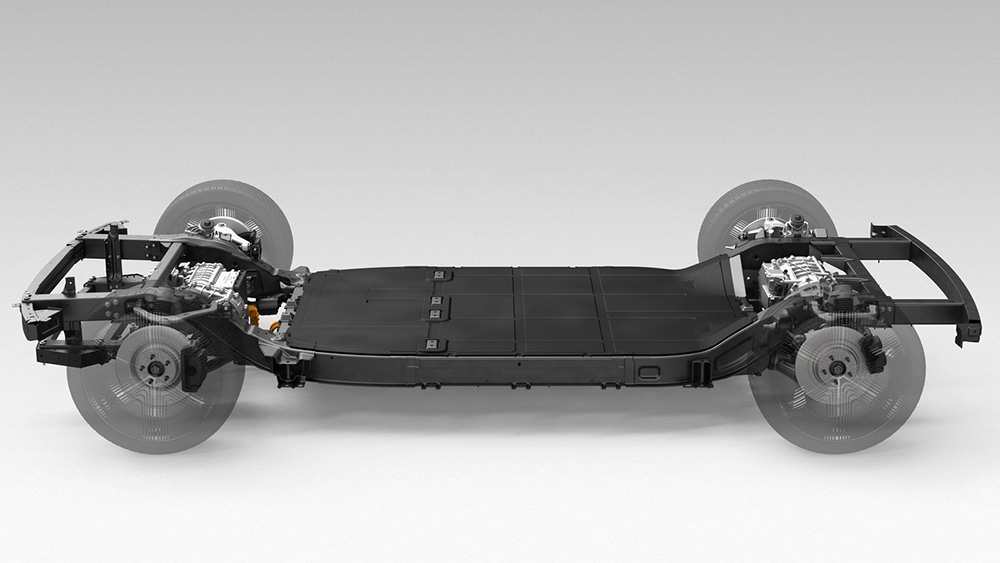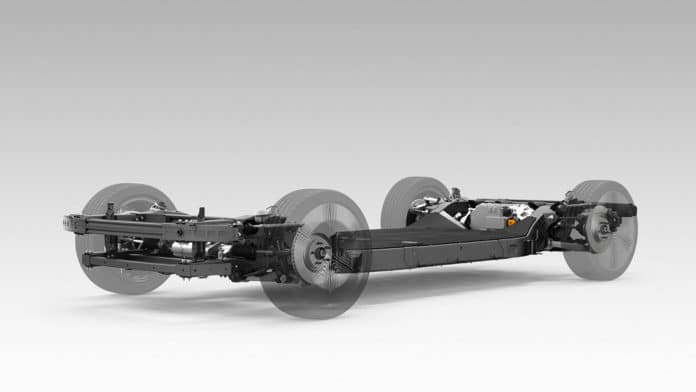Hyundai Motor Group has announced a new partnership with Canoo for the construction of an electric vehicle platform based on the Californian company’s skateboard chassis.
Canoo is an American EV startup that aims to provide zero-emission vehicles by subscription only. Founded in December 2017, it presented its first model based on an internally developed battery-powered platform back in September 2019.
It will provide engineering services to help develop a fully electric and scalable platform that meets Hyundai and KIA specifications. The new technical base will include all the components necessary for zero-emission powertrains and can be offered with one or two electric motors, thus differentiating the offer for the various models of the Hyundai and Kia brands.

This feature of engineering reduces the skateboard size, weight, and total number of skateboard parts, which ultimately gives more interior space in the cabin.
The construction simplicity of the platform allows it to be adapted to different types of vehicles, being able to place different bodies above this base. This will allow Hyundai and Kia to have maximum freedom in the design of future zero-emission vehicles while reducing the costs for the development and design of the chassis and powertrains. It will also lead to a reduction in the complexity of its electric vehicle assembly line, allowing a rapid response to changing market requirements and customer preferences.
From an economic point of view, the Hyundai group has planned $87 billion of investments in the next five years, $52 billion of which will be used by the Hyundai brand for the realization of new technologies, and $25 billion will be used for the electrification of the Kia range and the creation of mobility services, aiming for eco-friendly vehicles to comprise 25% of its total sales by 2025.
